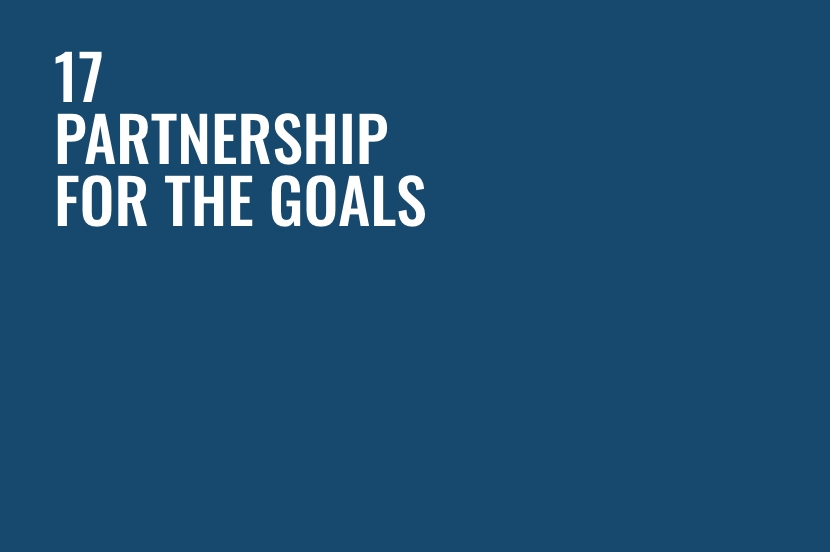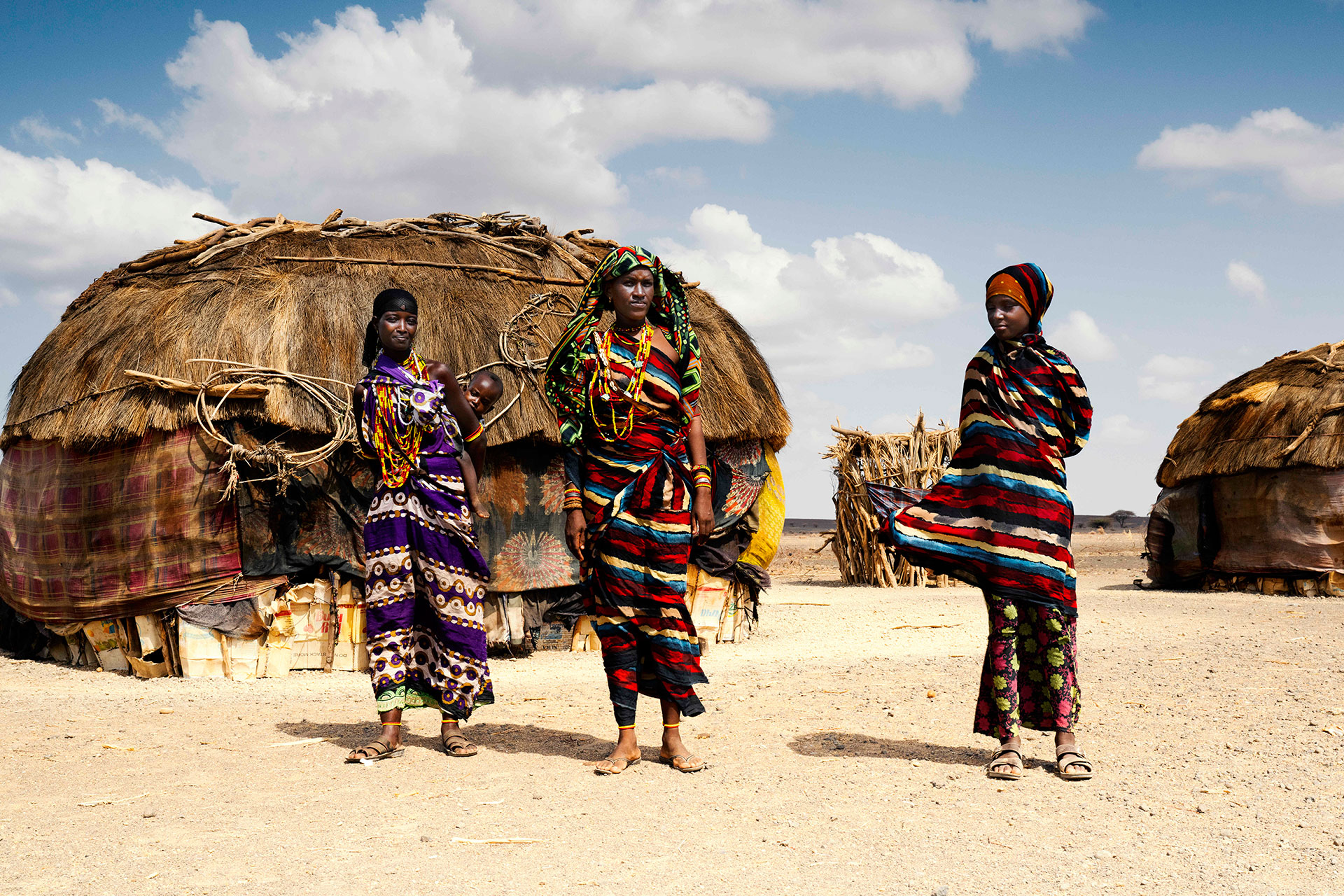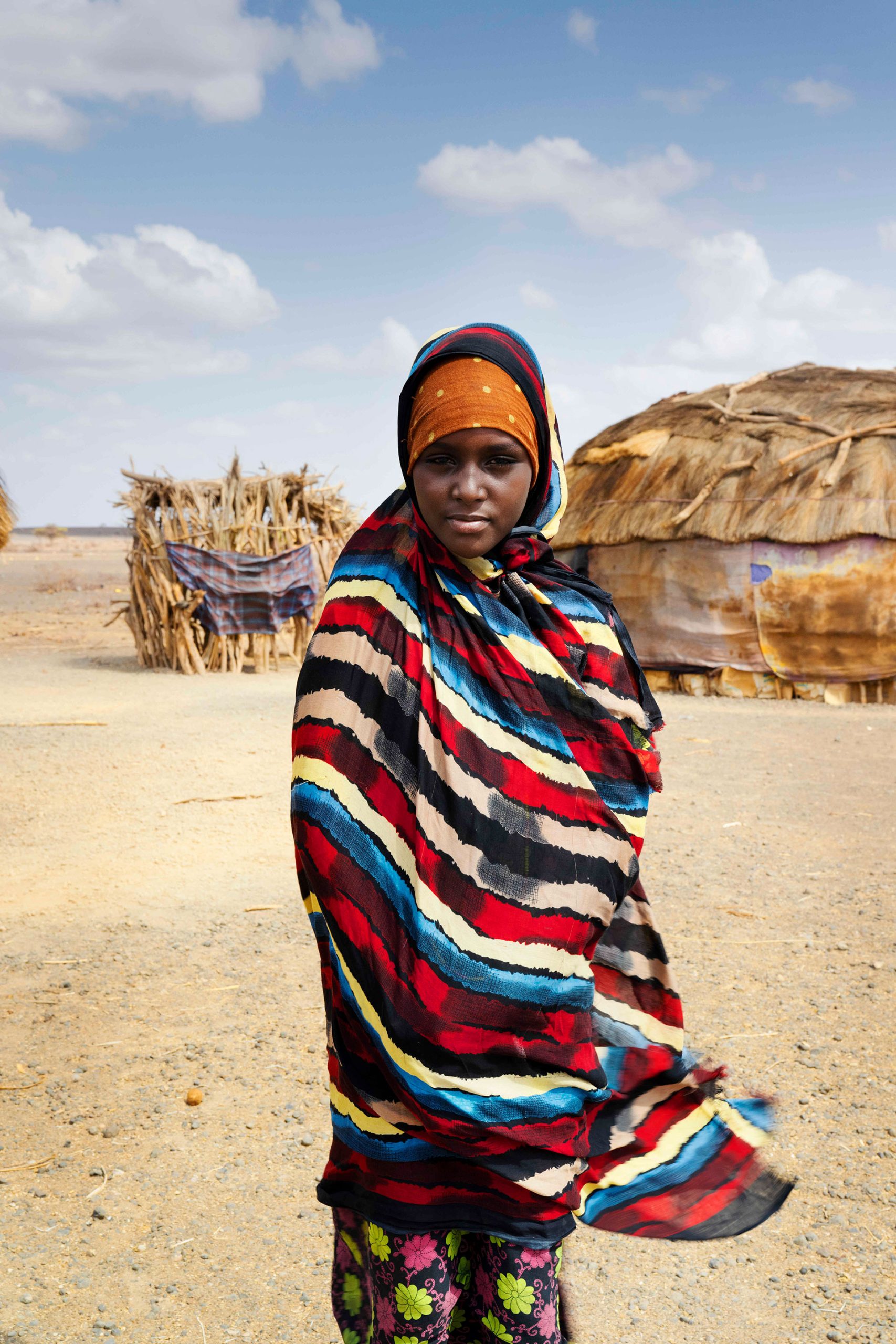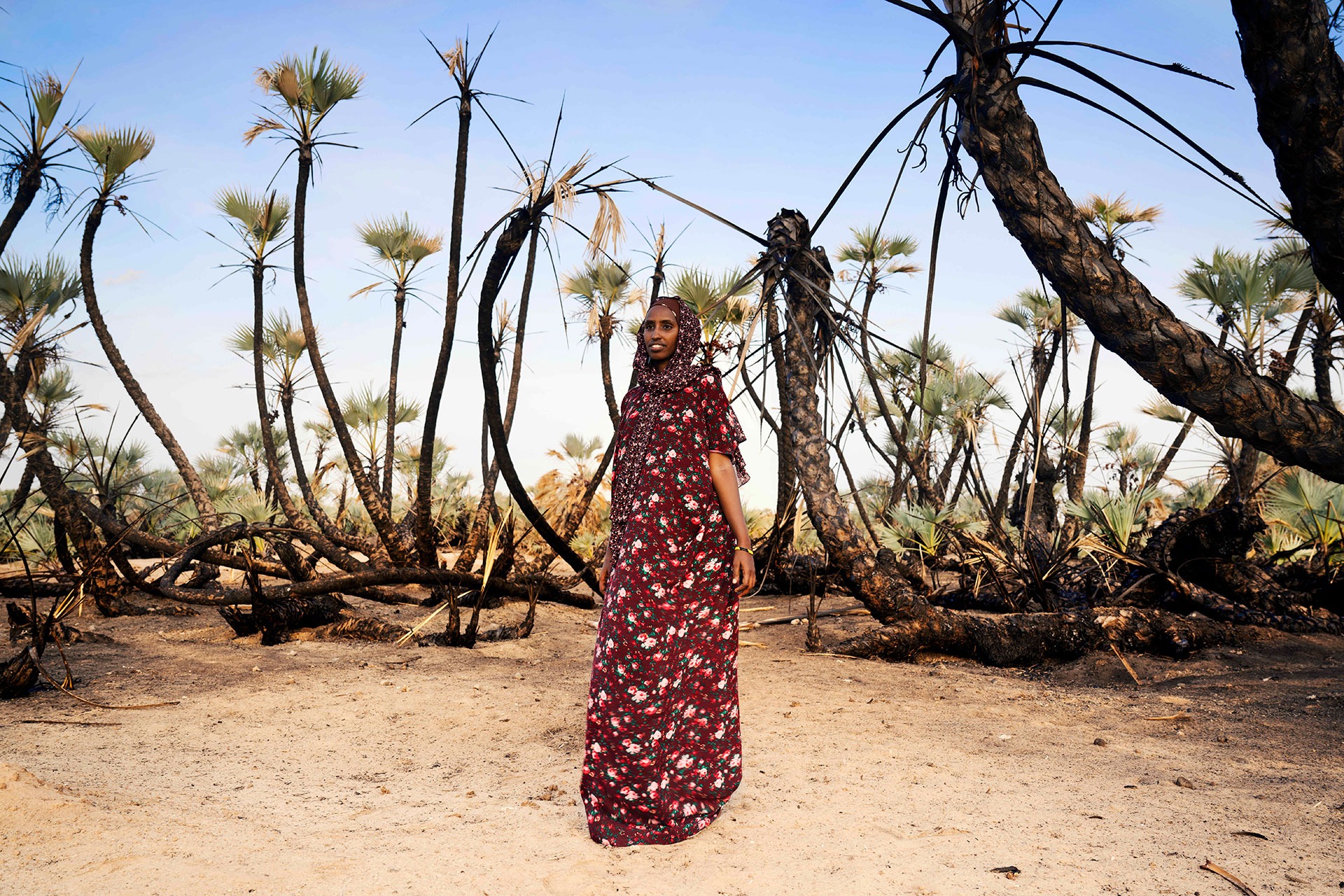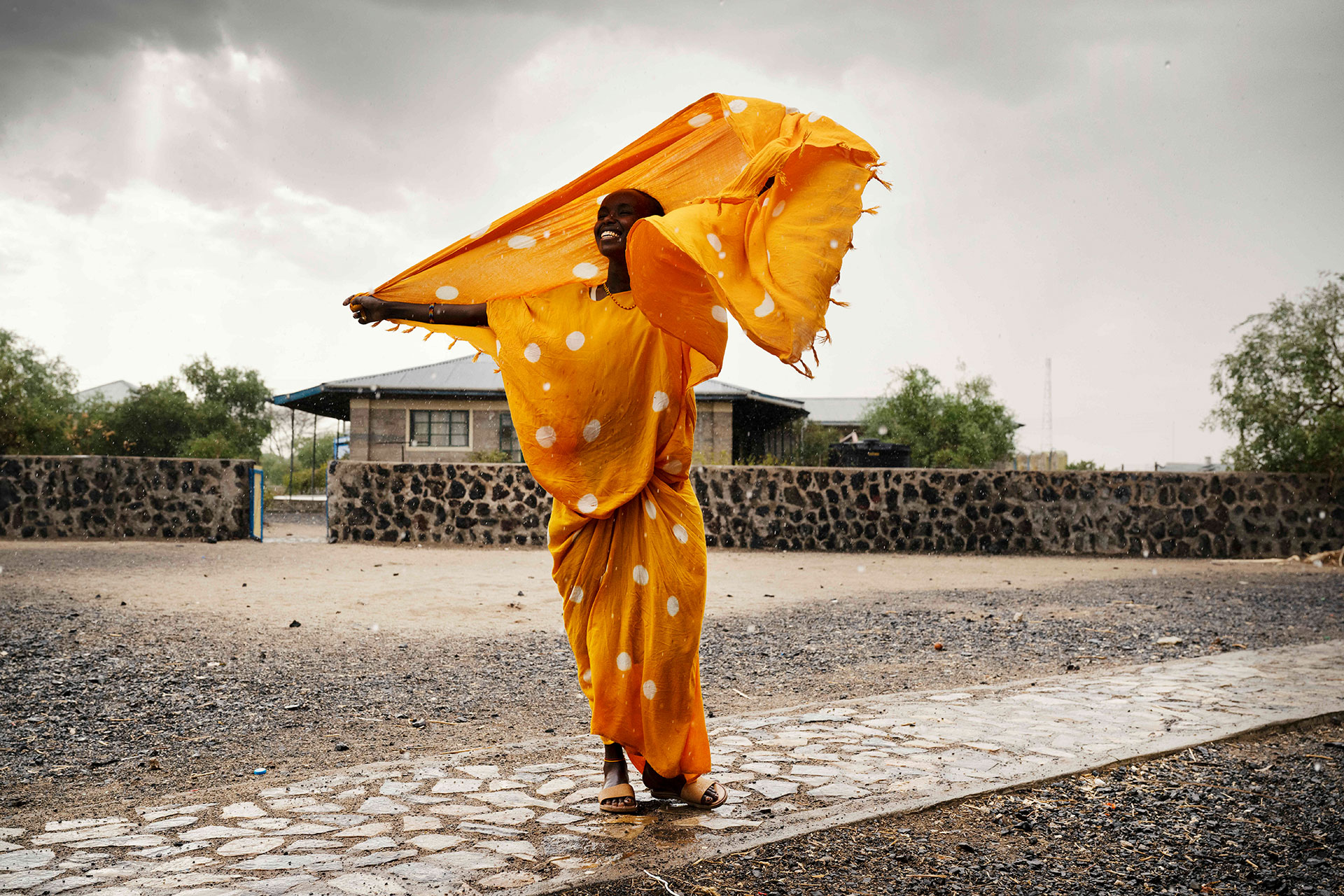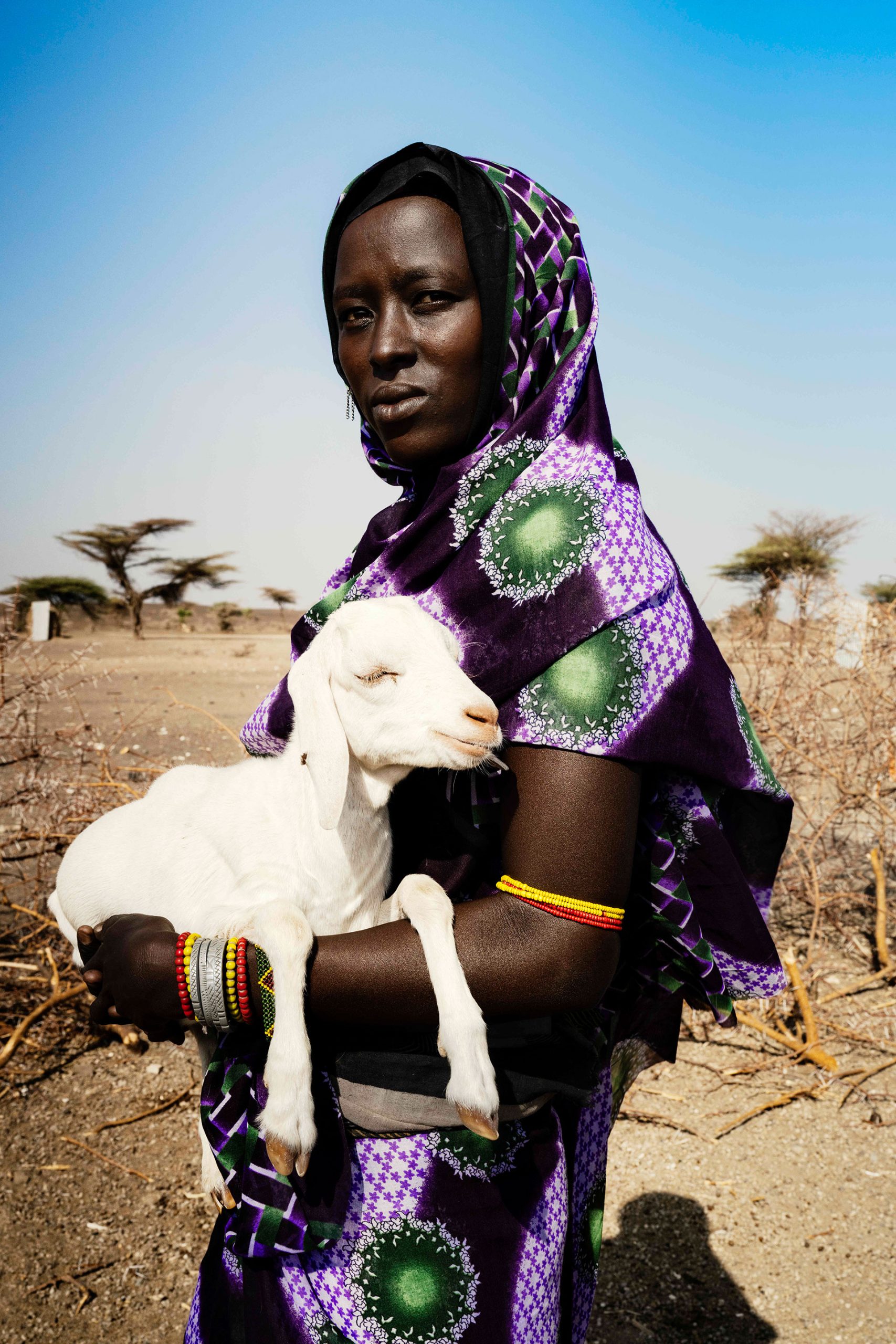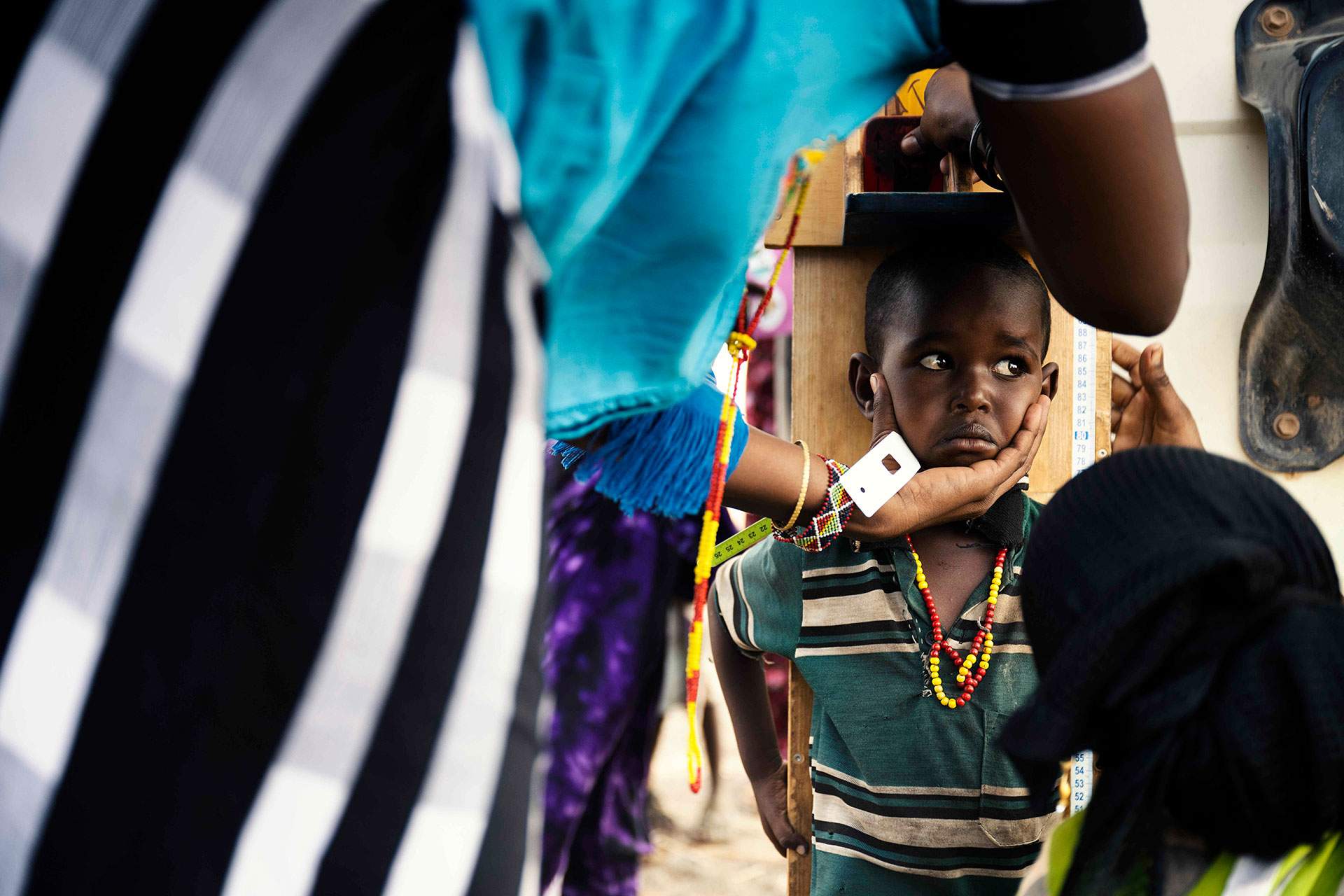SDG 17: Partnerships for the goals >
SDG 17: Strengthen the means of implementation and revitalise the global partnership for sustainable development
Kenya
In the far north of Kenya, the Chalbi Desert stretches across an arid plain of stones and dust. Despite it being one of the most inhospitable areas in Africa, some local tribes have established a small town called North Horr.
This village is among the most effective examples of international cooperation, as it is inhabited mainly by nomads from the Gabra tribe, who live almost exclusively on sheep farming. Yet, the inhospitable climate is leading to the death of more and more animals, making the future of an entire community more precarious every day.
Climate change is making rainfall extremely rare, reducing the presence of water to a minimum to develop both human and animal life.
In this complicated context, Amref has set up ‘Heal’, a project that aims to radically change the interdependent relationship between humankind and the environment. Using its transnational presence, the Association is encouraging a process involving countries, organisations and experts, leading North Horr towards sustainable development solutions.
One of the cornerstones of Heal is the adoption of a multi-user innovation platform aimed at preventing meteorological risks. To power it, the Association has asked pastoral society leaders, project staff of NGOs working in the area and others such as scientists and researchers who gravitate towards the area to wear sensors to track what is happening in their environment.
A series of weather stations then analyse the collected data in real time, which the project managers then explained to the shepherds. In this way, shepherds can manage their livestock more responsibly, preserving them in the difficult environment.
In addition to this, the Heal project has already brought a permanent healthcare centre to North Horr to respond effectively to the various health problems affecting the local populations: from childbirth to malnutrition, from illnesses to accidents among the nomads. The project focuses also on a third dimension, the cultural one, to use today’s knowledge to overcome customs and superstitions that have been handed down for centuries in this part of the world.
Date:
July 21, 2023

